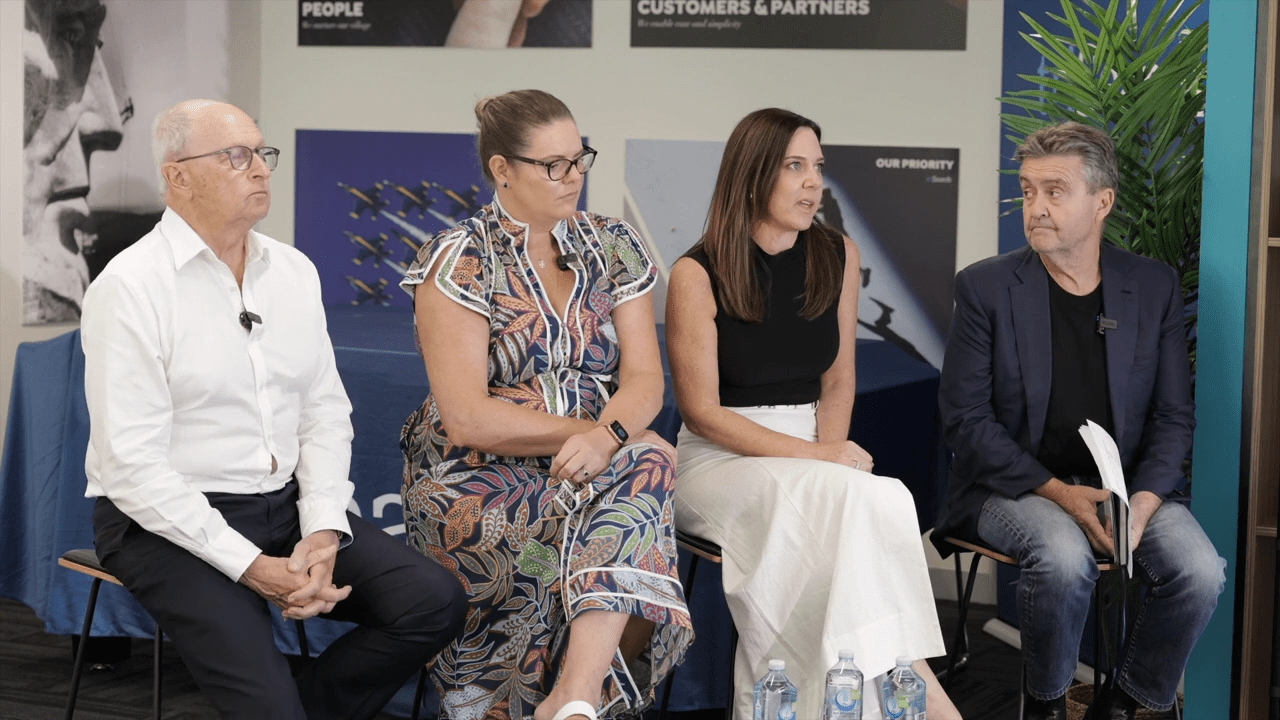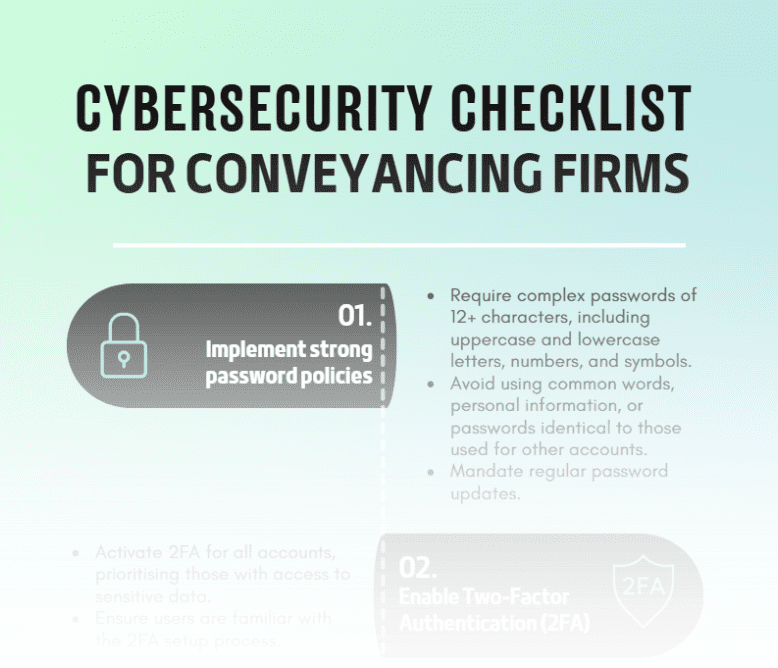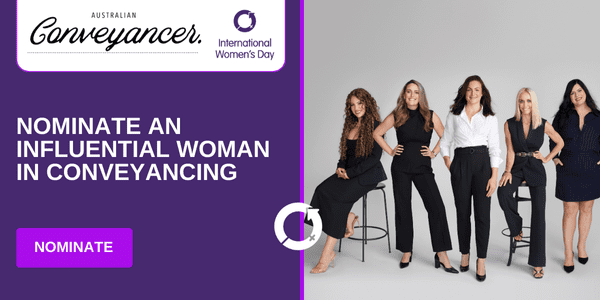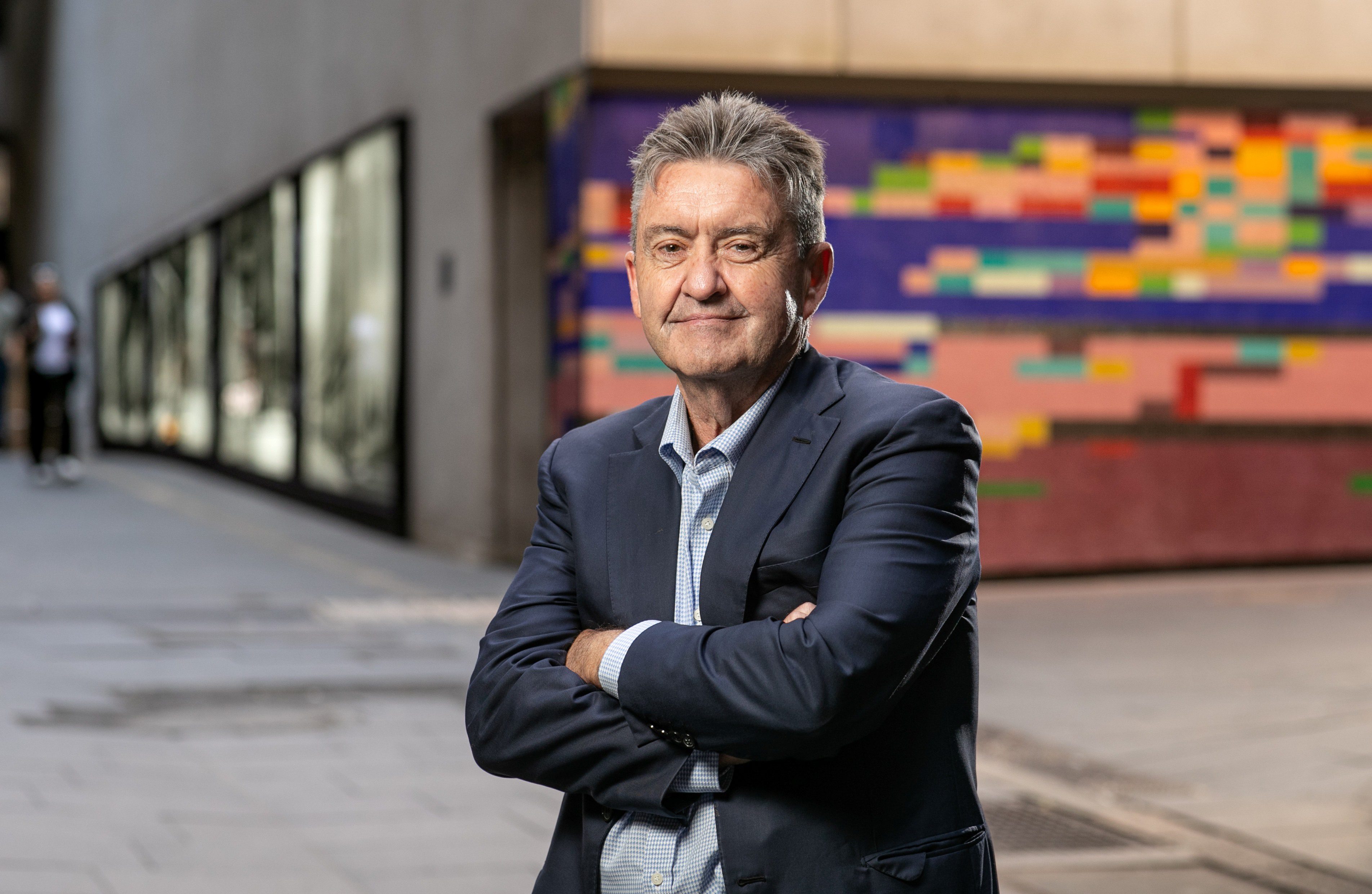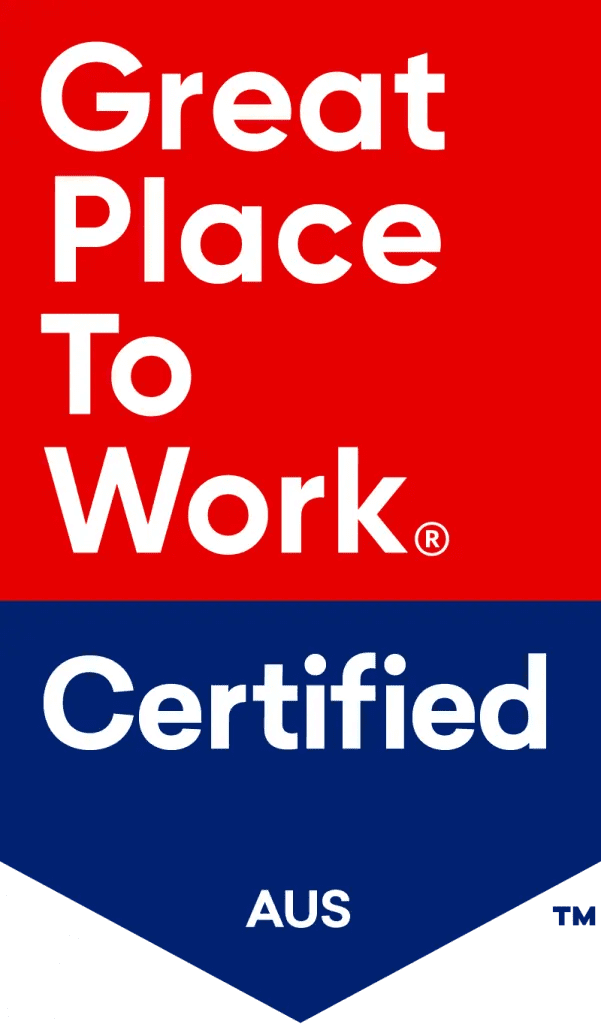Working in a high-pressure, time-poor, multitasking environment, many Australian conveyancers are at risk of reaching burnout if they don’t heed the warning signs and learn how to deal with them, according to health and industry experts.
Join us as we dive into the heart of the Australian conveyancing industry, the dynamic array of voices, each offering unique insights.
Tony:
What do you described then just prior to you talking about that last bit, you described a period of time. It took a long time to get to where you were and all that sort of thing. And to me that sounds like there’s just a hell of a lot of process. There’s all of these sorts of things we’ve got to walk through. We’ve also spoken about the obligations and all of these sorts of things that occur. It’s a process-driven environment that there’s probably no escaping from that. There must be a hidden cost to that, human cost, I mean. I know we’ve spoken about burnout before. Is that real in this industry?
Fiona Eastwood:
Absolutely.
And up until maybe two, three years ago, you just wasn’t spoken about. The lady that I’ve purchased the business from, and she’s talked about how she’s worked for a lot of those 27 years, and she said, “And it’s not a healthy advocacy of how to run a business.”
Tony:
And hours can be long.
Fiona Eastwood:
They can be, absolutely.
Tony:
And if people are allowed to work from home as they do or remotely or whatever, there could be that temptation where the lines between what’s work and what’s family is blurred. Is that been not your personal experience? Have you seen that?
Sue Mosely:
Yeah, very much so. Very much so. I’m very blessed in that my team choose to be in-house because especially through COVID we did have flexibility, they had certain options. At one stage, you’d pretty much offer any kind of [inaudible 00:53:30] to keep staff from being poached or losing interest for flexibility. But my staff choose to be in office because they find that they’re not as focused at home, especially with kids at home and the homeschooling and whatnot. Whilst we offered that flexibility, they more chose to have that as, okay, I’m going to cut my days back rather than try and juggle from home. I can’t focus at home.
Tony:
You’ve mentioned the COVID period a couple of times.
Sue Mosely:
It was horrific.
Tony:
Well, yeah, it was horrific for a lot of reasons why, but it also changed the way in which we work some of good, some of the bad, right? What are the pros and cons in your view?
Sue Mosely:
I think the biggest pro would be… I mean, we’d already started down this real technological change in the industry. It’s revolutionized everything with PEXA and all the automated. I think it pushed the rest of us into that fully, whereas we might’ve been sitting on the fence. I think I spent the first 12 months when we went to automated systems double checking my settlement figures by hand because I didn’t trust the system, I think, pushed us further into that, which has been great.
I’ve set up my firm based on… I worked for my father. So when I was at that stage of having babies and kids at school and needing that flexibility, I had it. So I’ve set up a firm based on that for all women who can be wives and mothers and have a career and be able to offer that to them to be able to do it. So it just sort of pushed us to where we wanted to be. On the downside, I’ve had people who have pretty much lost their business because their staff have said, “Well, I’m not coming in office,” because at the time, the COVID regulations and then have just not wanted to come back. But you’re in a position where you have to give into that because we can’t get staff.
Sue Mosely:
My team were my lifeboat through that period. We choose to be in office. So I’ve got one girl who I would give anything to because she’s absolutely wonderful. And she still travels an hour and a half-
Tony:
Why?
Sue Mosely:
… because we moved into Maitland. I’ve offered her everything to try and make that easier for her. She still chooses to be in office.
She still makes that sacrifice because the team, the vibe, that’s what it’s all about for us, how we have each other’s backs and how we work together.
Tony:
Yeah. You’re juggling two offices there. How does that work for you?
Fiona Eastwood:
I’m doing a lot of commuting right now, but the upside is I’m getting to listen to some really podcast and audio books. And that helps me to upskill my leadership level, which is where I’m at and I get motivated by that. But actually, I’m going to go from here straight to the Central Coast. I’ve got a retreat that I’m running for the team now that we’ve just recruited, and I think it’s really important to connect that team and we’re going to talk about lots of different things.
But even staying connected in two locations, how the team interact with each other when they’re in two locations, we’re doing a little bit of… It’s about an hour between offices. So we’re doing a bit of swapping and saying, “Okay, well, you’re going to have a day out there so that they can kind of work together with other team members.” So it’s just looking outside the box of what options there are. But, I mean, yeah, the COVID thing forced us to become paperless, which we were kind of, yeah… The manila folder starting to get down to one or two letters anyway. It forced us to go paperless. I really don’t want to think what it would’ve been like to try and do settlements without PEXA in COVID, but that’s the two locations. It just makes it so much easier being connected online.
Tony:
But Chris, humans are herd animals, right, and if they’ve got to be together, they crave that. So my view is they crave the sense of community and things like that. What do you hear from your constituents about that? Do they also then create crave get-togethers, conferences where they can share problems, problems shared, problems halved?
Chris Tyler:
Yeah, no, absolutely, Tony. And for those that have attended our education events over the past sort of five or six years, we’ve certainly improved the quality of them. And I actually encourage conveyancers now, our members to actually make a weekend of those events. We had one a couple of weeks ago, again, Shafiq was there and we had 110 people at Kiama. Part of that day obviously is technical training, but a big part of the day from my perspective is ensuring that they sort of interact and mingle and have that sense of community built.
We also run best practice groups or I’m calling them conveyancing practice groups because some people get scared off because they don’t think they’re best, so they shouldn’t go. But those are important to get into the regions. And also, I run Zoom best practice groups. So I had one last night, so I had a couple of people from Ballina, a lady from Dulwich Hill, somebody from, I think, Wagga. So you’ve also got to consider from our perspective as a member body that our members are spread all over New South Wales, and we can’t always put an event on in a location that suits them. So you’ve got to be conscious of the travel time, the costs, et cetera, et cetera. So, yeah.
Tony:
Chris, just we’re getting close to the session ending, but I just wanted to ask you on that part. I’ve noticed that you’re spending a lot of time on the road connecting with customers, et cetera. What’s the response you receive? Is it along those lines, “Hey, great to have that connection”?
Chris Gibbs:
Yeah, it’s an interesting one because COVID changed the way that we do business and it’s changed it forever. And as you said, there’s some really cool things that came out of it. And I think one is I talk for myself from my own perspective is the connection and/or reconnection with families. I think that is hugely important, and people have probably learnt to prioritize that in the right order that families are important. You can’t get back that time. I think that’s pretty cool. But I think the pendulum’s starting to come back and when I go on the road and have conversations with our partners, initially, it’s the first thing folks do. They sit down and they go, “How long is this going to take?” Because you’re taking its time off the clock. But once you’re actually starting to have a conversation about their business, it’s not about me saying, “Hey look, I’m from triSearch. Great to meet you. I’ve got this thing called triConvey. Do you want to buy one?” It’s not that conversation.
This is around we want to understand more about your business and how we can help you be even more productive than what you are today. What are the problems that you are dealing with? Maybe out of those five problems we may be able to take the edge off one or two of those things. We’re never going to be able to solve every single one of them. So the conversations I try and have is where I can where possible relate and empathize with the challenges and issues and the positives that are happening. And one key takeaway that we’ve got is I know Dan and the marketing team are all working around communities. How can we offer an opportunity to enhance collaboration across the conveyance industry? Because like-minded people, birds of the feather come together to solve issues and those sorts of opportunities don’t come that often. And it’s great that we’ve got you folks down here today where you can use those opportunities to collaborate with your peers and other folks that are in that industry. Anything that we can be doing to power those interactions, I’m all in.

